Proper nutrition is critical to the health and productivity of chicken layers. Meeting their nutritional needs ensures consistent egg production, strong eggshells, and the overall well-being of the flock. Below are the essential nutritional components required for optimal layer performance.
1. Protein
Protein is vital for egg production, as it supports the formation of albumen (egg white) and the bird’s overall health. Layer feed should contain 16-18% protein. Sources include soybean meal, fishmeal, and other plant-based proteins.
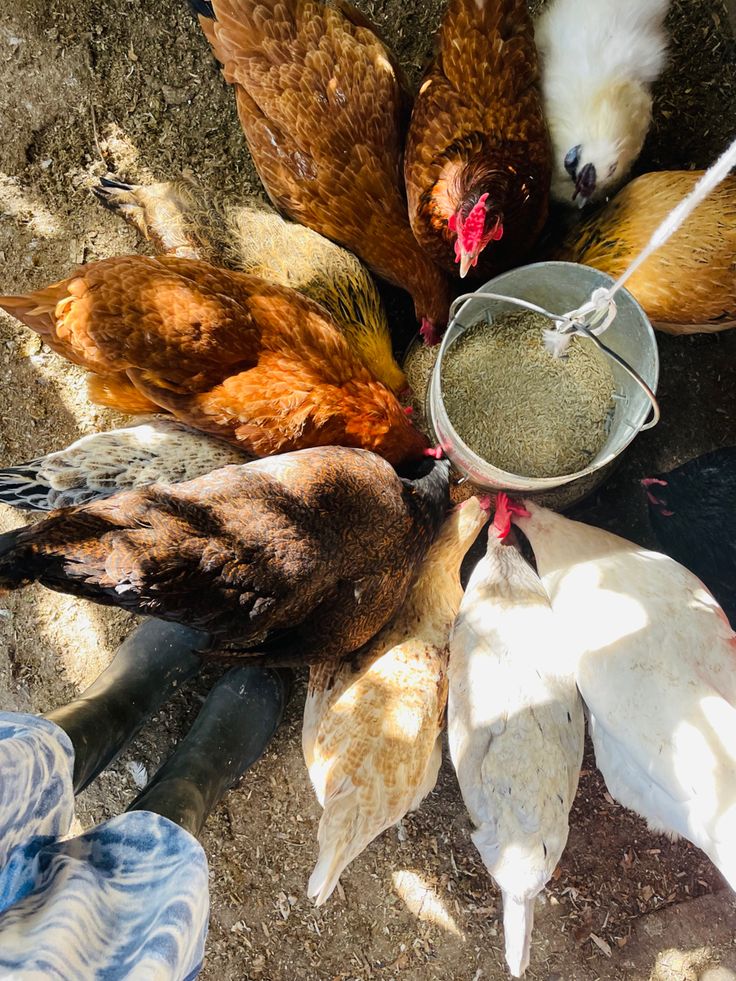
2. Calcium
Calcium is crucial for strong eggshells. Insufficient calcium results in thin-shelled or broken eggs. Layers require approximately 4% calcium in their diet, often supplemented through limestone, oyster shells, or dicalcium phosphate.
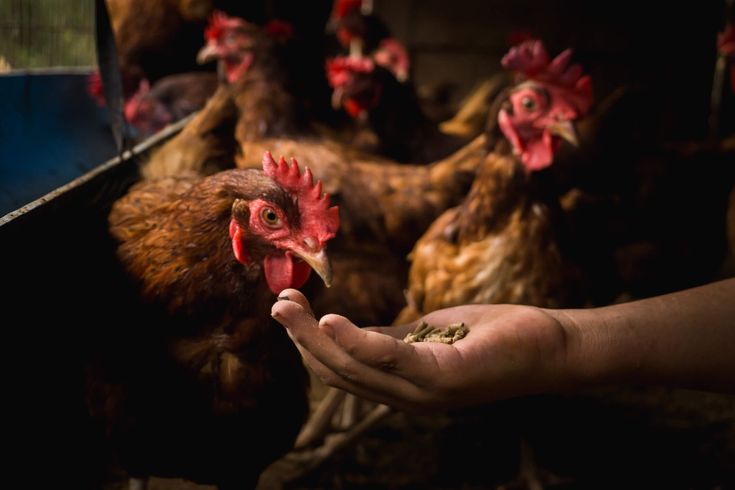
3. Energy
Layers need sufficient energy for daily activities and egg production. This is typically provided by carbohydrates found in grains like corn, wheat, or sorghum. Balanced energy intake prevents weight loss and ensures optimal egg-laying.
On a similar note, at Kimd Group of Companies, we support beginner farmers by offering tailored business proposal writing services and design plans for various animal capacities. Therefore whether you’re just starting out or looking to expand, we provide the resources and expertise to help you succeed in the farming industry.
4. Vitamins
Vitamins play an essential role in maintaining health and productivity:
- Vitamin D aids calcium absorption for strong shells.
- Vitamin A supports immune function.
- Vitamin E enhances fertility and overall well-being.
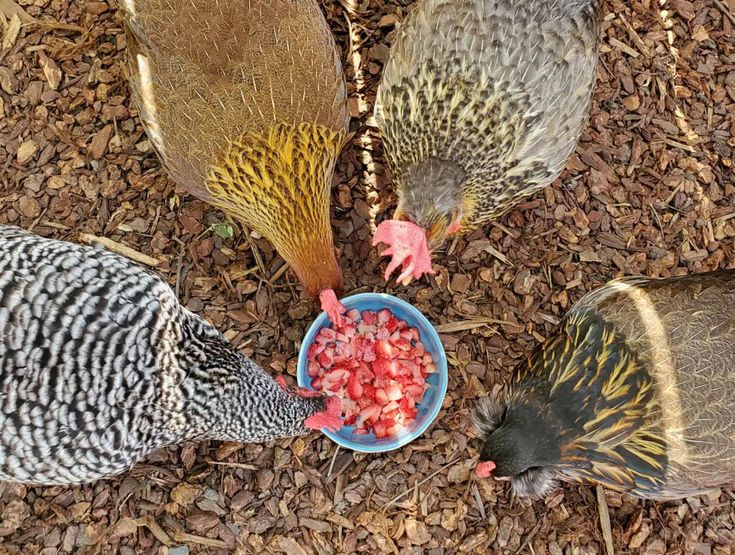
5. Minerals
In addition to calcium, layers require other minerals like phosphorus for skeletal health and magnesium for enzyme function. A balanced diet ensures that these minerals are available in appropriate amounts.
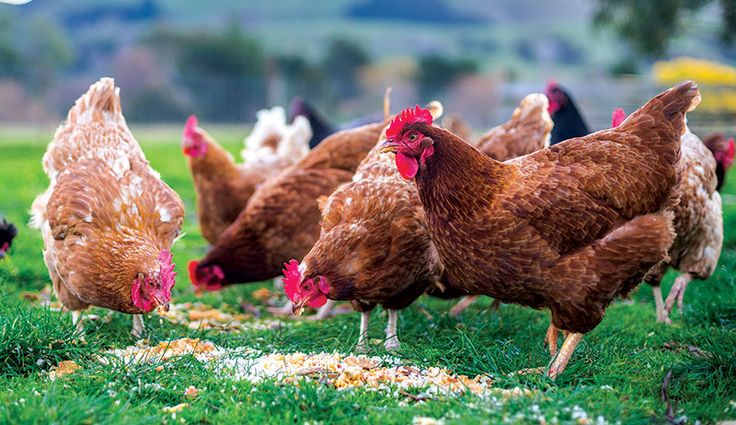
6. Water
Water is often overlooked but is essential for egg formation, as eggs are about 70% water. Provide clean and fresh water at all times to maintain production levels and prevent dehydration.
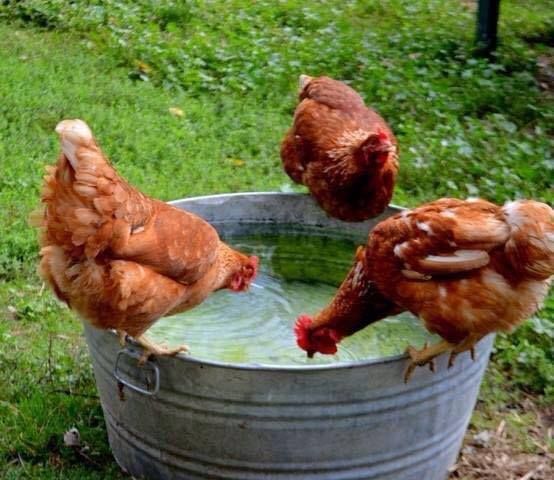
7. Essential Fatty Acids
Fatty acids contribute to egg yolk formation and overall health. Sources like vegetable oils or fish oils can be included in the feed to meet this requirement.
8. Amino Acids
Specific amino acids like methionine and lysine are crucial for egg production. These can be added through commercial premixes to ensure layers receive the required amounts.
Conclusion
Balanced nutrition is the cornerstone of productive layer farming. By providing adequate protein, calcium, energy, and essential vitamins and minerals, farmers can ensure that their chickens remain healthy and lay high-quality eggs consistently. Regularly monitoring feed quality and adjusting based on production goals will help maintain optimal performance in the flock.
